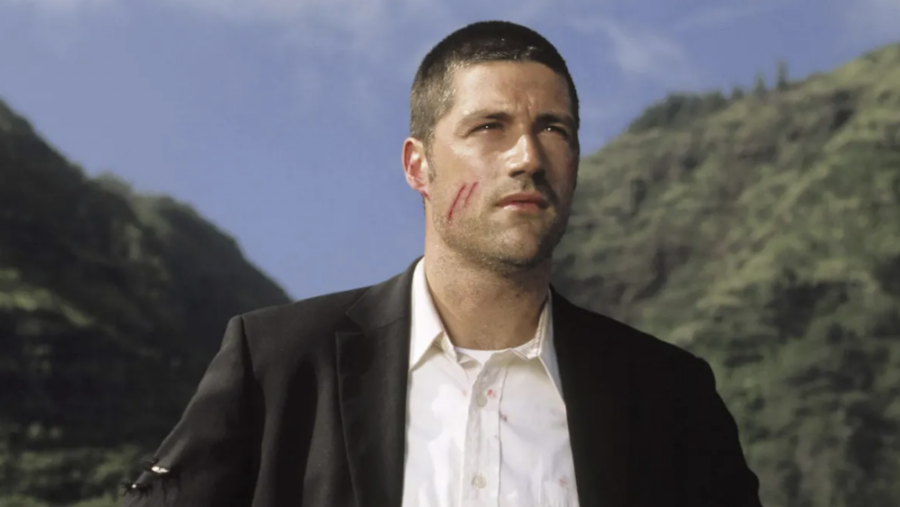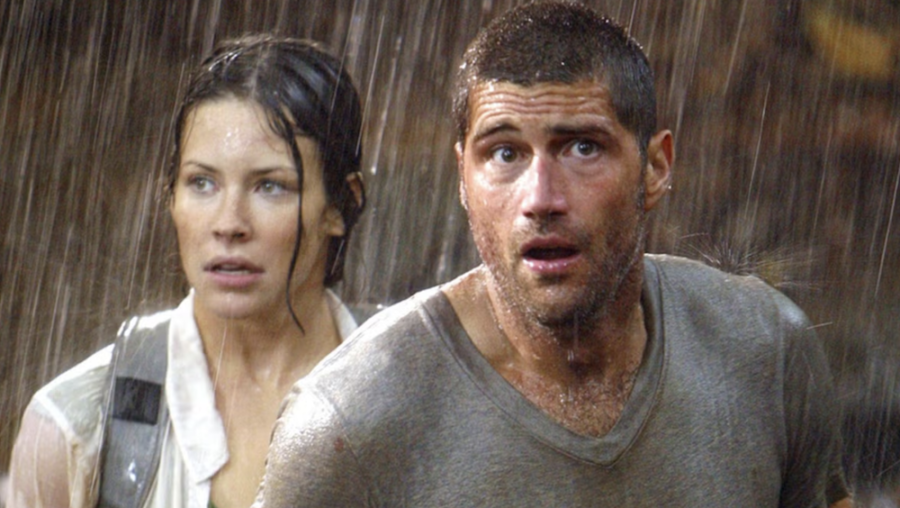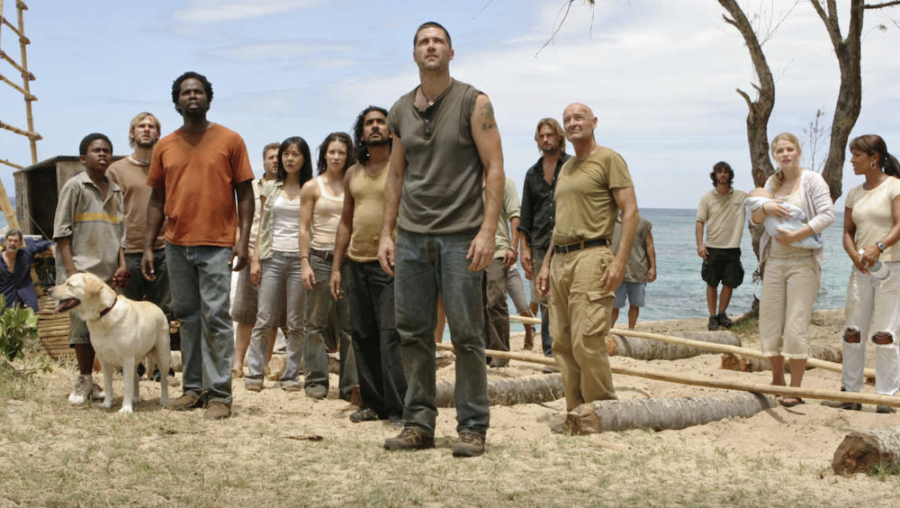Matthew Fox’s Jack Wasn’t Supposed To Lead The Lost Survivors

I distinctly remember the time I first read the Lost pilot script. We were driving down to San Diego from L.A. for Comic-Con, and I whiled the time away by swiping a couple of scripts from his stack of “interesting upcoming stuff.”
It was a great read, and in spite of the Lost’s ups and downs over the years, I still think the resulting pilot is one of the best ever, grabbing you by the shirt.
During the unforgettable opening Lost scenes, we see through Jack’s eyes, and he immediately takes charge over the chaos on the beach—that’s just the kind of guy he is.
But having read the pilot script, one thing stood out: Jack made it to the end of the pilot without being horribly murdered by (what we would later learn to call) the Smoke Monster.

Die-hard Lost fans have probably already heard about that bit of pop-culture trivia, that the writers had originally planned to off Jack in the very first episode, after being set up as the leader, just to keep viewers off guard.
Some new insights about the decision to change that Lost plot point have come out in a book by longtime TV reviewer Alan Sepinwall. Here’s an excerpt from The Revolution Was Televised, via Grantland.
At the center of the pilot would be two characters: Jack Shephard, a doctor who quickly falls into a leadership role among the castaways; and Kate Austen, a young woman whose fiancé had been in the back of the plane when the fuselage split in two, and who had no idea if he was alive or dead.
In the vein of Alfred Hitchcock’s Psycho (or even the pilot of Oz), they planned to pull the rug out from under the audience by killing Jack midway through the first episode, forcing Kate to take charge. After this sudden demise, viewers would realize no one was safe. Lindelof says Steve McPherson, then the head of the ABC studio, made a convincing counter-argument that it would teach viewers not to trust the show, and the writers ultimately agreed with him.
So Jack lived (his death scene would go to Oceanic 815’s co-pilot), and when Abrams and Lindelof realized Kate wasn’t dynamic enough, her backstory was changed to make her a fugitive from justice (the separated lovebirds angle would go to Rose and Bernard, an older couple who appeared sporadically throughout the series).
Given how important Jack became to the Lost storyline — whether you liked the character or not — it’s kind of crazy to think that he could have been a throwaway.

And quite honestly, I can’t see Kate absorbing his leadership role, at least not as she was written in the final show. She certainly evolved and changed over the course of the series, but I can’t see that kind of leadership settling well onto her shoulders.
Then again, the excerpt above makes it clear they hadn’t nailed down her characterization at that point anyway.
The excerpt also has one other fascinating footnote. Ever wondered what would have happened if Lost had been canceled and remained a one-season wonder? Here’s Sepinwall:
Lindelof, Abrams, and then Cuse only knew a few broad strokes of the mythology in the early stages: that, for instance, the Oceanic passengers had been brought to the island for a reason, as part of some kind of battle between good and evil. (If the show wasn’t a success and had to end after only one season, they would have built to a battle between the castaways and the monster.)
That just makes me wonder: What would the monster’s nature have been if we had only had one season? Given how much of the mythology was developed along the way, I’d be willing to bet it wouldn’t have been Old Smokey.












